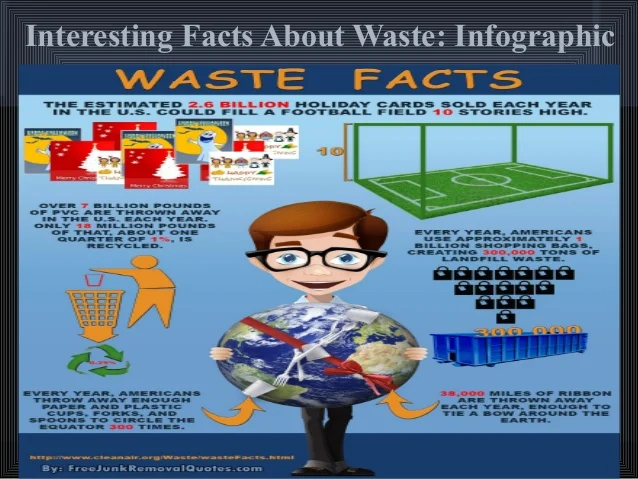The Growth Of Dumpster Rental Services: Historical Review, Current Landscape, And Future Directions
The Growth Of Dumpster Rental Services: Historical Review, Current Landscape, And Future Directions
Blog Article
moved here Produced By-Jamison Lindgaard
As you consider the development of dumpster leasing, take into consideration how each period has added to shaping the waste management landscape we browse today. From simple beginnings in the 1930s to the innovative innovations of the here and now, the journey of dumpster leasing has been marked by advancement and adjustment. But what pushes the perspective for this important solution? The future fads in lasting practices hold the trick to unlocking an extra efficient and eco-conscious strategy to squander monitoring. Keep tuned to discover just how the dumpster leasing sector is poised to accept a greener tomorrow.
Historical Origins of Dumpster Rental
Explore the origins of dumpster rental and just how it has actually shaped waste administration techniques with time.
Dumpster rental traces back to the 1930s when George Roby Dempster, a Tennessee business owner, created the Dempster-Dumpster. This pivotal production reinvented waste disposal by providing a marked container for accumulating and carrying garbage efficiently. Initially used for building roll off dumpster rental , the concept rapidly expanded to domestic and business setups, resulting in the establishment of the first dumpster rental services in the 1960s.
For many years, dumpster rental has actually substantially affected waste management methods by promoting convenience, sustainability, and organization. The ability to systematize waste in dedicated containers improves collection procedures, lowers littering, and enhances recycling efforts. Furthermore, dumpster rental encourages people and companies to adopt liable waste disposal habits, adding to cleaner environments and minimized environmental effect.
Modern Innovations in Waste Management
Including advanced innovations and sustainable methods has reinvented waste management over the last few years, enhancing efficiency and environmental effect. One substantial technology is using clever waste monitoring systems that utilize sensors to keep track of waste degrees in real-time, enhancing collection routes and schedules. These systems help in reducing unnecessary pickups, decreasing fuel consumption and discharges.
One more modern advancement is the application of waste-to-energy centers, where non-recyclable waste is exchanged power through procedures like incineration or anaerobic digestion. This not only reduces the volume of waste predestined for landfills however additionally generates renewable energy.
In addition, the introduction of single-stream recycling has actually streamlined the reusing process for customers, causing greater engagement rates and higher diversion from landfills. Furthermore, improvements in composting technologies have made organic waste monitoring much more reliable, transforming food scraps and yard waste into valuable garden compost for farming use.
Anticipated Trends in Sustainable Practices
Sustainable waste management techniques are developing swiftly to fulfill the enhancing needs for environmental obligation and source efficiency. As you aim to the future, several key patterns are prepared for to shape the sector. One significant emphasis will certainly get on decreasing waste generation through much better product design and packaging. mouse click the next site will increasingly embrace circular economic climate principles, intending to minimize waste and optimize the lifespan of products.
An additional trend to watch for is the surge of innovative recycling innovations. Technologies in chemical recycling and pyrolysis are anticipated to offer brand-new solutions for dealing with complicated or contaminated waste streams that typical recycling methods struggle to refine successfully. These technologies have the possible to change exactly how we take care of waste, turning difficult-to-recycle products into beneficial resources.
Additionally, expect to see a greater focus on natural waste diversion. Composting programs and anaerobic digestion centers will end up being a lot more extensive as communities strive to reduce the quantity of raw material sent out to land fills. By purchasing these sustainable techniques, we can relocate towards a much more circular and resource-efficient waste management system.
Conclusion
To conclude, dumpster service has actually come a long way given that its inception in the 1930s. From its humble beginnings on building sites to its widespread usage in domestic and business setups, the market has continually evolved to satisfy the changing demands of waste management.
With the intro of modern-day innovations and a concentrate on lasting practices, the future of dumpster service looks appealing, with a strong emphasis on effectiveness, ecological duty, and technology.
